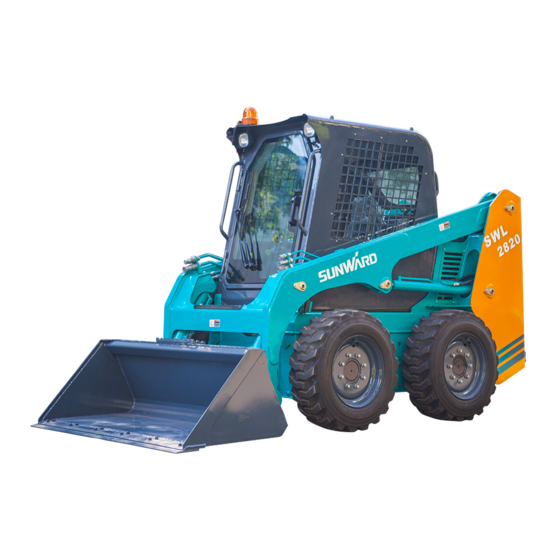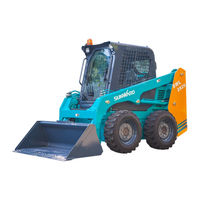
SUNWARD SWL2820 Skid Steer Loader Manuals
Manuals and User Guides for SUNWARD SWL2820 Skid Steer Loader. We have 2 SUNWARD SWL2820 Skid Steer Loader manuals available for free PDF download: Operator's Manual, Operation And Maintenance Manual
SUNWARD SWL2820 Operator's Manual (91 pages)
Brand: SUNWARD
|
Category: Compact Loader
|
Size: 2 MB
Table of Contents
Advertisement
SUNWARD SWL2820 Operation And Maintenance Manual (89 pages)
SKID STEER LOADER
Brand: SUNWARD
|
Category: Compact Loader
|
Size: 5 MB

